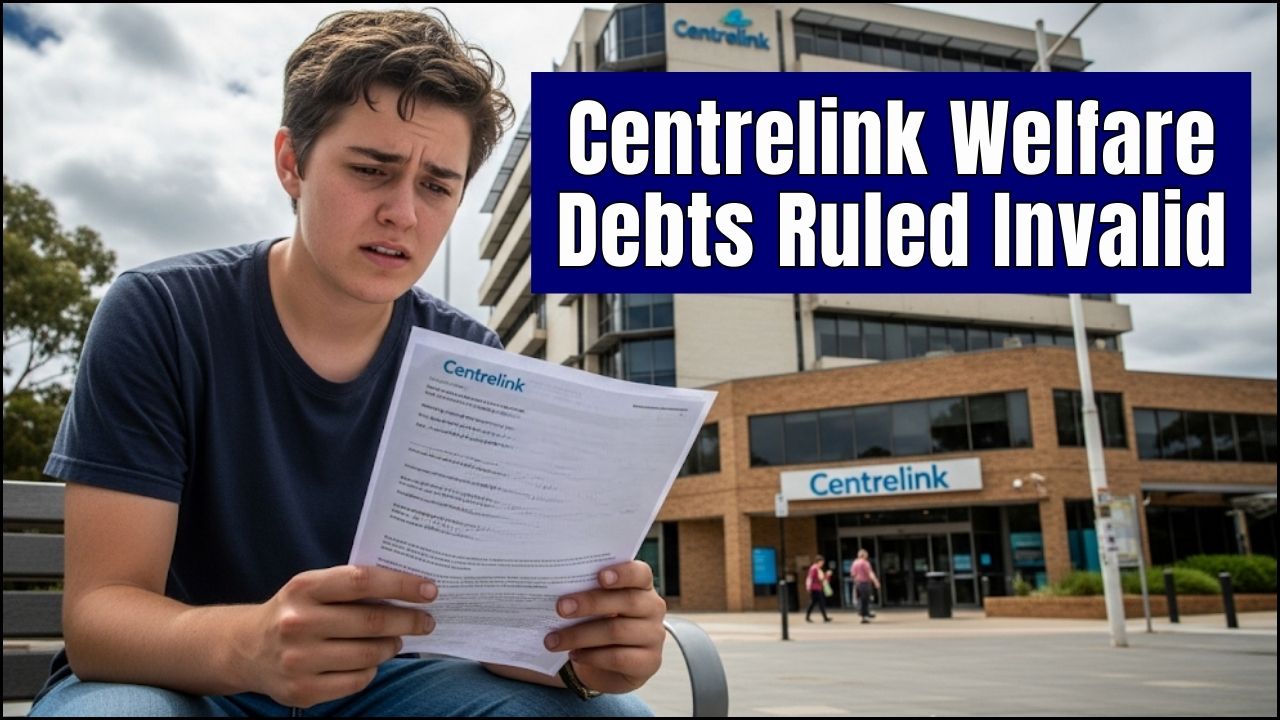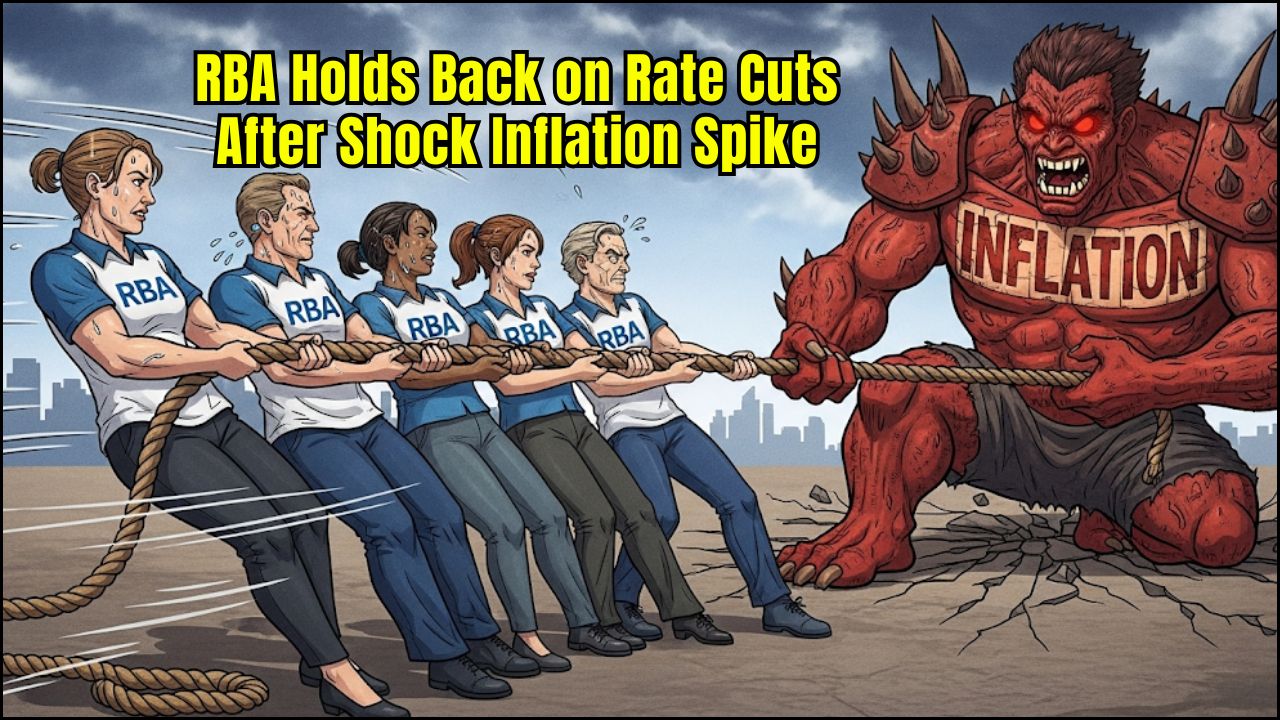When we talk about big wins for families, this one’s huge. Parents in England are about to score a major financial boost worth up to £7,500 a year—and it all comes down to expanded free childcare hours. Yep, you read that right: free childcare, more hours, less stress, and a whole lot more money staying in your pocket.

Starting September 2025, working parents with kids as young as nine months will be able to claim up to 30 hours of government-funded childcare every week. That’s double the current 15 hours, and if you’ve ever shelled out for daycare, you know this is basically like finding gold in your backyard.
Parents Get Major Financial Boost
| Key Point | Details |
|---|---|
| Savings | Up to £7,500 annually in childcare costs |
| Eligibility | Working parents in England with children aged 9 months to Reception age |
| Application Deadline | Must apply by August 31, 2025 |
| Start Date | Expanded program begins September 1, 2025 |
| Extra Support | Holiday Activities & Food program extended, saving families £300+ annually |
| Official Site | Childcare Choices – GOV.UK |
The bottom line? Parents in England can finally breathe easier. This expansion of childcare support means up to £7,500 in annual savings, extra holiday help, and a chance to focus on careers, family, and future plans. The move could reshape family life and even the economy—but the key is applying before the deadline. Don’t miss it.
Why This Matters for Families
Childcare is no joke—it’s often the biggest household expense after rent or mortgage. According to Coram Family & Childcare, UK parents spend an average of £14,000 per year for a full-time nursery spot in London. For families outside the city, it’s still several thousand pounds a year.
So when the government steps in with 30 free hours per week, it’s like cutting your family’s grocery bill, gas, and rent all at once. This move isn’t just about saving money; it’s about creating space for families to breathe, plan, and thrive.
Key Dates for Parents’ Financial Support
- April 2024: The HICBC threshold was raised from £50,000 to £60,000. The full withdrawal of the benefit now applies at £80,000 instead of £60,000.
- August 2025: A new online system is expected to be launched by HMRC, allowing couples to split their Child Benefit payments.
- Early 2026: HMRC plans to fully integrate the HICBC with the PAYE (Pay As You Earn) system, making it easier for employed parents to pay the charge through their tax code without needing to file a Self Assessment tax return.
A Quick Look Back: How We Got Here
Before 2010, most parents only got 12.5 hours of free childcare a week for kids aged 3 to 4. That later expanded to 15 hours. In 2017, the government rolled out 30 free hours, but only for kids aged 3 and over.
Now, for the first time, babies as young as 9 months will benefit. That’s a massive shift, bringing the UK closer to countries like Sweden and Denmark, where heavily subsidized childcare is the norm.
Real-Life Example: Meet Sarah
Sarah is a nurse in Birmingham with a two-year-old son, Jack. Right now, she pays £1,000 a month for nursery. Starting in September, with 30 free hours, her costs will drop by around £625 a month. That’s £7,500 over the year—basically, an extra vacation, car payment, or chunk toward a mortgage.
“This isn’t just about money,” Sarah says. “It means I can finally pick up extra shifts without worrying if half my paycheck goes straight to daycare.”
Child Benefit and HICBC: 2024 vs. 2025
| Feature | Pre-April 2024 | From April 2024 |
| Child Benefit Weekly Rate (Eldest Child) | £25.60 | £26.05 |
| Child Benefit Weekly Rate (Other Children) | £16.95 | £17.25 |
| HICBC Start Threshold | £50,000 | £60,000 |
| HICBC End Threshold | £60,000 | £80,000 |
| Method of Payment for HICBC | Self Assessment tax return only | Self Assessment or PAYE (from early 2026) |
Breaking It Down: What You Need to Know
Who’s Eligible?
- Working parents in England.
- Children must be aged 9 months to Reception age.
- Apply before August 31, 2025.
What’s Changing?
- Current offer: 15 free hours per week for kids over 3.
- New offer: 30 free hours per week, covering ages 9 months to 4 years.
How Much Can You Save?
With nursery care costing around £263 per week, 30 free hours can save families about £7,500 per year. That’s like knocking out your annual utility bills in one go.
How to Apply: Step-by-Step
- Go to the Official Site
- Visit Childcare Choices on GOV.UK.
- Check Your Eligibility
- Parents must each earn at least £167 per week (16 hours at minimum wage).
- Apply Before Deadline (August 31, 2025)
- No extensions. Miss it, wait until the next term.
- Get Your Code
- Approved families receive a childcare code.
- Give Code to Your Provider
- Nursery or childminder claims funding directly.
Extra Perks: Holiday Help
The government is also investing £600 million into the Holiday Activities and Food (HAF) program. That’s free meals and activities during school breaks, saving families an extra £300 a year.
The Bigger Picture: Impact on the Economy
Experts say this isn’t just about families—it’s about boosting the entire economy. When parents can afford childcare, they’re more likely to:
- Rejoin the workforce full-time.
- Increase household income.
- Pay more taxes (which helps fund services).
The Institute for Fiscal Studies estimates childcare reforms could add tens of thousands of workers back into the labor market.
Challenges and Criticisms
Not everyone is cheering. Some nurseries argue funding rates won’t cover actual costs, which could lead to:
- Staff shortages.
- Longer waiting lists.
- Nurseries charging “top-up fees” for extras.
Parents should apply early and confirm costs with providers to avoid surprises.
Comparison With Other Countries
- Sweden: Parents pay a small capped fee, often less than £150 a month.
- USA: Parents pay an average of $10,600 a year for childcare (Child Care Aware of America).
- UK: With the new scheme, eligible parents could pay close to £0 for standard hours.
This reform makes the UK more competitive with Europe’s family-friendly policies.
Top 3 Mistakes to Avoid When Claiming Child Benefit
- Mistake #1: Not claiming at all. Even if you know you’ll have to pay the High Income Child Benefit Charge, you should still register. Claiming ensures you receive National Insurance credits, which count towards your State Pension.
- Mistake #2: The wrong parent claims. The person who doesn’t earn enough to pay National Insurance should claim Child Benefit. This will give them a boost to their NI record, protecting their future State Pension without a penalty.
- Mistake #3: Forgetting to update your details. Your financial situation can change. If your income increases and you become subject to the charge, you must inform HMRC to avoid penalties. Similarly, if your income falls, you may be entitled to more of the benefit.
Pro Tips to Maximize Savings
- Combine With Tax-Free Childcare: Save up to £2,000 more per child.
- Book Early: Demand will skyrocket.
- Reapply Every 3 Months: Keep childcare code valid.
- Check Benefits Stacking: Universal Credit can cover up to 85% of extra costs.
FAQs
Q1: What if I’m unemployed or a stay-at-home parent?
You won’t qualify for the 30 hours, but may still get 15 hours.
Q2: Can grandparents use the free childcare hours?
No—only registered nurseries, playgroups, or childminders.
Q3: What happens if I miss the August 31 deadline?
You’ll wait until the next academic term.
Q4: Can this be combined with Universal Credit?
Yes—stack it to cover even more.
Q5: Will all nurseries offer 30 hours?
Most will, but some may limit spots. Book ASAP.












